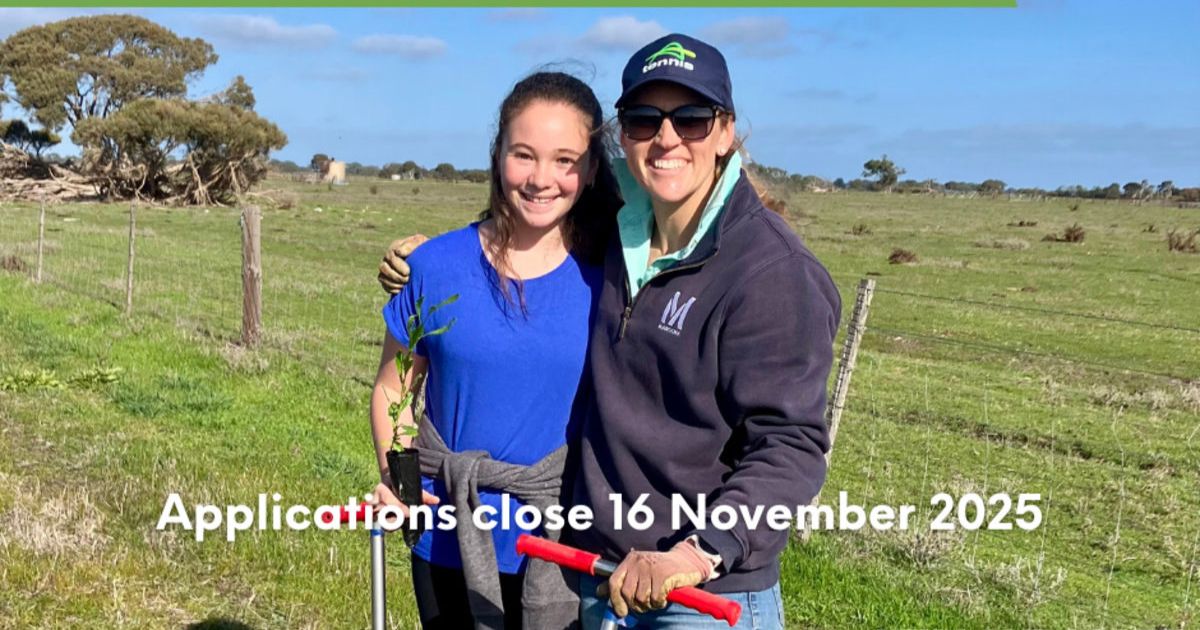Riley’s relentless campaign
“IT’S not something people my age should be thinking about.” That is the sentiment of 19-year-old Riley Turnbull, who is battling Stage 5 kidney failure – a life changing diagnosis that came out of nowhere for the seemingly healthy teenager.
Riley has been prompted to share his story to raise awareness of kidney health and reinforce the importance of organ donation.
“My life has been turned upside down and with my story I hope to enforce to others my age the importance of taking care of their bodies, share the work kidneys they do and the importance of becoming an organ donor,” Riley said.
It was just over 12 months ago that Riley received his life changing diagnosis on the back of a visit to his GP because he felt a little tired.
That February visit saw the GP order a blood test – a test that eventually revealed Riley’s kidney issues.

“Originally it was thought I had diabetes because it runs in my family,” Riley, who put off his blood test for a month, said.
But when the results came through, it was all systems go with Riley ordered straight to the hospital once his kidney failure was uncovered.
“I didn’t really know how to react,” Riley said as it was revealed his kidney function was only at 25 per cent, as opposed to the usual 100 per cent capacity.
Riley was hospitalised in Mount Gambier for a week but with no improvement he was eventually airlifted to Flinders Medical Centre for a week of further testing before being sent home and starting to wrestle with how his life was now going to look.
“I knew I wouldn’t be able to do much – I just kept getting really fatigued,” he said.
It meant his work life needed to be reduced, playing soccer for Centrals had to be shelved and dialysis became a regular part of his life as he also had to keep constantly monitoring his potassium level.
When it some to kidney disease, the body struggles to eliminate excess potassium, leading to buildup and potential complications.
Healthy kidneys efficiently filter waste products from the kidney which include potassium and remove potassium from the blood, but when kidney function is impaired, this process is disrupted. This can cause high potassium levels (hyperkalemia), which can be dangerous, potentially causing irregular heart rhythms and muscle weakness.
Riley opted for peritoneal dialysis, which he can do at home, and runs for eight hours overnight six days a week.
“It makes my kidney function more stable and better,” he said. “It does make it hard to sleep – it is very interrupted – and my room looks like a hospital room and smells like a hospital room.”
Riley is now on a waiting list for a transplant, although his O-negative blood type does make that more challenging.
At the moment, Riley, who finished school in 2022, can work one day at week in his role at St Anthony’s Primary in Millicent as an education support officer – he is also studying primary teaching.
“I never thought something like this would happen to me and I do encourage people to be more aware of their bodies and to get regular health checks,” Riley said. “I also really encourage people to register to be organ donors. I didn’t know much about how kidneys worked or took too much interest in my health because I felt OK but now this has happened to me I realise how important it is. People my age don’t really know how important it is to keep your bodies healthy.”
Riley certainly tried to get the most out of every day, especially taking advantage of the good days.
“Every day is different for me,” Riley said. “Some days I feel great and some days I can’t even get out of bed.
“The days I feel great I complete as much of my uni work as possible because I know there will be days when I accomplish nothing.”
Head to https://www.donatelife.gov.au/register-donor-today for more information on organ donation and/or to register to be an organ donor.



















